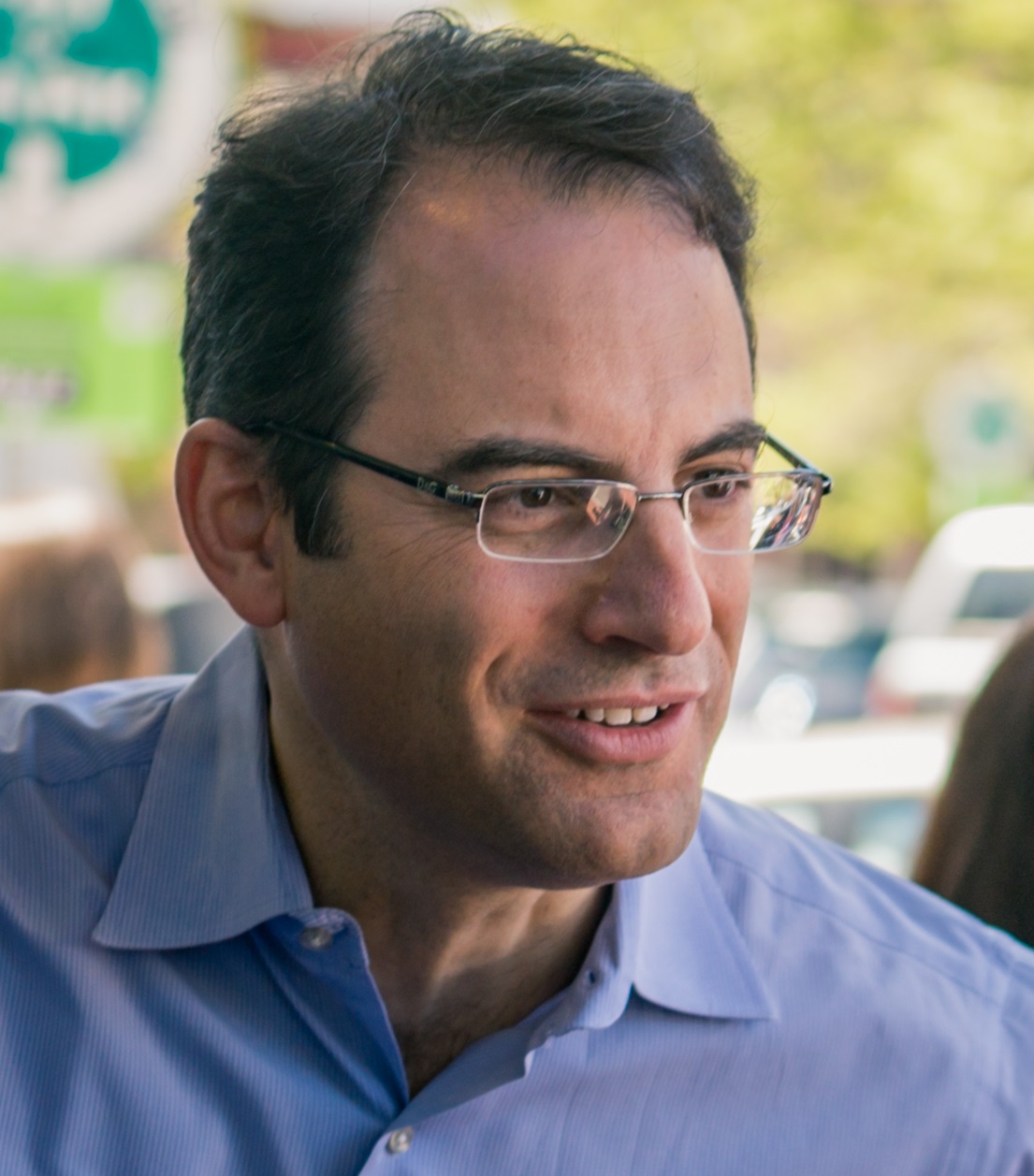UPDATE: According to Lawrence Pacheco, spokesman for Colorado Attorney General Phil Weiser, the state filed a motion on July 30 to extend the deadline until Sept. 4 to request the entire full Tenth Circuit Court of Appeals hear the case. The request was granted on Tuesday.
“The Attorney General has said he will defend the constitution and that’s what he will do,” Pacheco said by email Thursday morning.
Complete Colorado attempted to get hold of Weiser through Pacheco before the story published; however, Pacheco did not return phone calls or email requests until after the story published. Weiser was also aware prior to publication that Complete Colorado was attempting to get hold of him through a series of Tweets with Complete Colorado.
Regardless, Complete Colorado regrets the original error.
DENVER — Although he campaigned on a promise to defend the Taxpayer’s Bill of Rights (TABOR) despite his personal opinion of the nearly three decades old constitutional amendment, Colorado Attorney General Phil Weiser made his first move in the opposite direction by letting a deadline pass to argue an ongoing TABOR case in federal court.
Weiser had until Tuesday to ask that the entire circuit court hear the case after a 3-judge panel from the Tenth Circuit Court of Appeals reversed a lower court’s ruling. The lower court had ruled that local governments do not have the right to sue.
“It’s disappointing that AG Weiser is not fully following through on his campaign promises,” said Michael Fields, Executive Director of Colorado Rising Action. “The rubber will hit the road when the merits of the TABOR case are heard, and he actually has to defend the constitution.”
Fields added that everyone should be concerned that Weiser chose not to defend the state’s constitution knowing he is not a TABOR supporter.
The lawsuit has been tied up in court arguing procedural issues since 2011. Under former Attorneys General Cynthia Coffman and John Suthers, TABOR was heavily defended. Fields said he was not surprised by the developments.
“We’ll know more as time goes on how vigorously he will defend it,” Fields said. “But this is not a good first step.”
Weiser did not immediately return a request for comment from Complete Colorado but told reporter Sherrie Peif during his campaign that he would defend TABOR despite his belief it needs to be overhauled.

“The fundamental job of the AG is to defend and enforce the law,” Weiser said in that interview. “So, my job as AG is to defend and enforce TABOR because it’s the law. There is a secondary role insofar as if we want to change our laws, as an elected official, I have an opportunity, and I would say an obligation, to be a part of those conversations. … If we don’t reform TABOR we are setting ourselves up to be in that straight jacket at a time when we are experiencing tremendous growth. I believe that is fiscally irresponsible and reckless.”
The passage of Tuesday’s deadline returns the lawsuit to US District Court to argue the merits of the case, which was brought by former legislators Andy Kerr and Dickey Lee Hullingshorst. The pair claim TABOR violates the Guarantee Clause of the United States Constitution. That clause guarantees all states a republican form of government. They say allowing the people the right to vote on all tax increases and new debt changes Colorado into a direct democracy.
Fields says that idea is preposterous.
“The fact is they pass 500 plus bills a year. It’s still a representative form of government,” Fields said. “Just because (they can’t raise taxes) without asking us, doesn’t take away their representative government.”
Fields said he would not be surprised if the case ended up in front of the U.S. Supreme Court at some point. If it does, there is documented record that at least one member of that court agrees with Fields.
While a member of the Tenth Circuit Court of Appeals in 2014, US Supreme Court Justice Neil Gorsuch gave a dissenting opinion on whether the Court of Appeals could even litigate the case. During that dissent, he opined on the merits as well — saying the contention that Colorado’s government is not a republican one because tax increases proposed by the legislature must also be approved by the public is a novel claim.
“… To date, the plaintiffs have declined to advance any test for determining when a state constitutional provision requiring direct democracy on one subject (here, taxes) does or doesn’t offend the Clause,” Gorsuch wrote in part. “No doubt, the task the plaintiffs face is a formidable one: they enter a field in which the Supreme Court has already dismissed for lack of judicially manageable standards a case challenging a state constitutional provision that allowed citizens to overturn by direct vote any state legislative enactment (not just enactments raising taxes).”
Fields is confident TABOR will stand.
“I will be very surprised if ultimately TABOR is struck down as being against the constitution,” Fields said.


